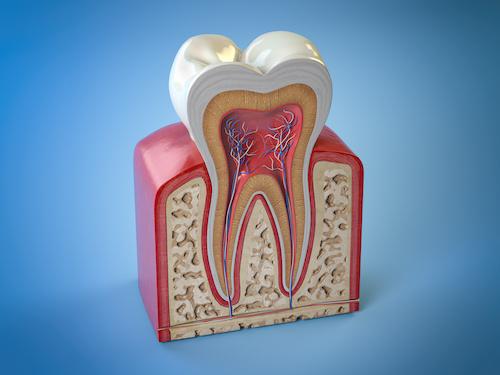Are Root Canals Safe? Dispelling Myths and Exploring Facts

Concerns about the safety of root canal treatments often stem from outdated misconceptions, leaving patients hesitant to pursue this tooth-preserving procedure. At Lowry Endodontics in Denver, Colorado, Dr. Karmali specializes in advanced endodontic care. We serve patients across the Rocky Mountain region who prioritize maintaining their natural teeth. For those researching “are root canals dangerous” or “root canal myths,” this article addresses common fears, highlights evidence-based facts, and outlines how modern techniques minimize risks while maximizing success.
Root canal therapy involves removing infected or inflamed pulp from inside a tooth, cleaning the canal system, and sealing it to prevent further issues. This treatment is essential for addressing deep decay, cracks, or abscesses that reach the tooth’s inner layers. While some online sources perpetuate myths linking root canals to systemic health problems like cancer or chronic diseases, these claims originate from flawed early-20th-century research that has been thoroughly debunked by modern studies. There is no valid scientific evidence connecting “properly” performed root canals to broader health risks. The quality of care is vitally important to success.
Not all root canals are equal. Poorly executed procedures, such as incomplete cleaning or missed canals can lead to persistent infections. This can cause localized pain, swelling, abscesses and systemic health issues. These complications underscore the importance of seeking a quality oriented specialist for evaluation and treatment. Well-performed root canals, however, boast success rates of 85% to 97%, with long-term studies showing over 80% effectiveness even after 30 years. When handled by an endodontist, these rates often exceed 95%, preserving natural tooth function and avoiding more invasive alternatives.
At Lowry Endodontics, Dr. Karmali employs state-of-the-art methods to ensure thorough treatment and optimal outcomes. High-resolution cone-beam computed tomography (CBCT) imaging allows us to visualize anatomical details, reducing the chance of overlooked canals. We incorporate laser-assisted irrigation via SWEEPS technology for superior disinfection of the canal system, targeting bacteria in hard-to-reach areas. Treatments are typically conducted over multiple visits, with antimicrobial medication placed in the canals between sessions to combat infection. Post-operatively, we monitor healing closely through follow-up evaluations to confirm resolution and address any concerns promptly.
It’s also worth noting that alternatives like dental implants carry their own risks, including peri-implantitis. This is an infection affecting surrounding bone and gums that can occur in up to 35% of cases and often proves more challenging to manage than root canal issues. Implant infections may require surgical intervention, bone grafting, or even removal. This is why saving a natural tooth through root canal therapy is often preferable when feasible.
For patients experiencing symptoms like persistent tooth pain, swelling, or sensitivity, we recommend a specialist consultation to explore options. Serving the Rocky Mountain region, Lowry Endodontics focuses on quality, painless care. Visit www.lowryendo.com to access resources and arrange an appointment with Dr. Karmali. Informed decisions lead to better outcomes.
